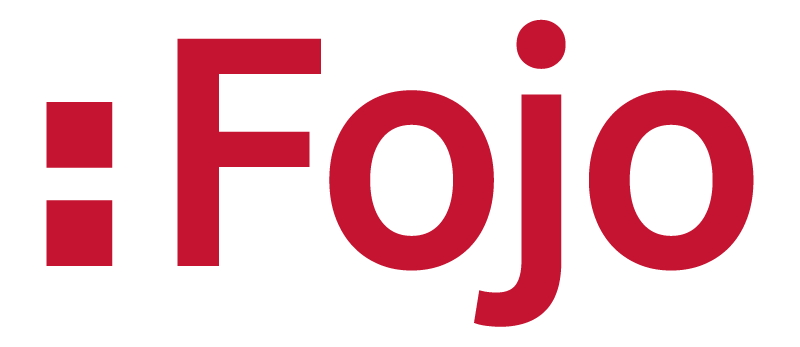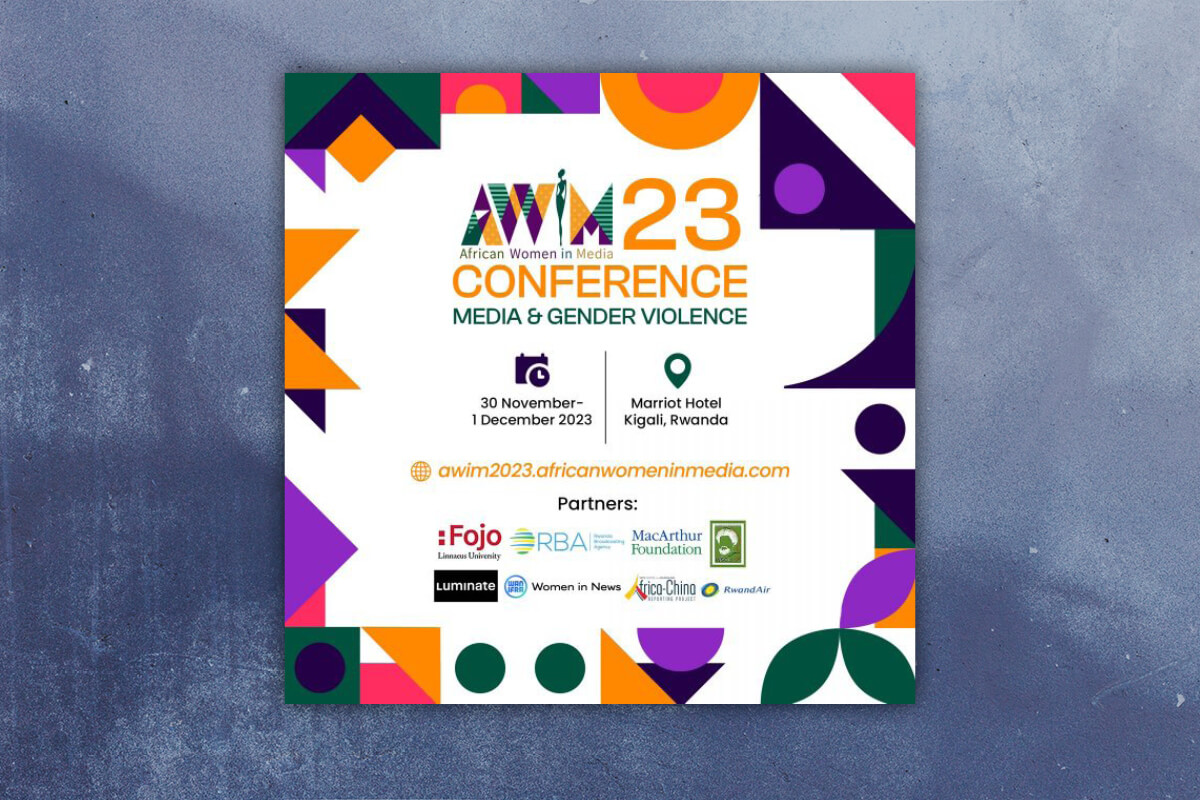The AWiM23-Conference in Kigali, Rwanda, on 30 Nov – 1 December, will present a declaration that addresses the critical issue of gender-based violence (GBV), both regarding the kinds of violence women in media experience and how media represents gender-based violence in its content.
We asked Agneta Söderbergh Jacobson, Senior Gender Advisor at Fojo and part of the Declaration Committee, why the media needs a Declaration on Gender-Based Violence.
Gender-based violence, GBV, defined: Gender-based violence is violence directed against a person because of that person’s gender or violence that affects persons of a particular gender disproportionately.
Agneta Söderbergh Jacobson, Senior Gender Advisor at the Fojo Media Institute.Why has a declaration on gender-based violence for the media been developed?
“First of all – the Declaration is a call for action. What we see today is that incidents of gender based violence, or GBV, are sensationalised by media, survivors of GBV are victimised and the structural context of GBV as a huge societal problem is often missing in reporting. On top of this, we see that the news industry is lacking preparedness to address all the different forms of GBV that take place within the media workplace. Joint research by Fojo Media Institute and African Women in Media (AWiM) have shown to what extent women media professionals in sub-Saharan Africa suffer from GBV, with sexual harassment as one of the most prevalent forms, that even make them consider leaving the profession. Of course, this is not exclusive for this region, but happens across the globe. This situation is unacceptable, we need to fight it together. This is what the Kigali Declaration on Elimination of Gender Violence in and through the Media is all about.
What has the process been like?
“It all started about a year ago, in connection to AWiM’s annual conference that took place in Morocco in 2022. Out of frustration of status quo, an idea was born to create a declaration that would help to move the needle by engaging all relevant stakeholders to collectively act and push for change. A Declaration Committee with experts, representing different regions and sectors (media industry, academia, civil society) was set up, with the mandate to develop a draft document. Thanks to committed work, there is now a draft declaration, based on committee members expertise and with reference to relevant international and regional treaties, declarations and research. Now, with this draft at hand it is time to take the next step.”
What are the next steps?
“For two days, more than 200 delegates from all over Africa (and beyond) will discuss and shape the final Declaration. This will take place during the AWiM23 conference in Kigali (Rwanda) that takes place 30 November – 1 December 2023. The overall theme of the event is Media and Gender Violence and all panels and other activities are devoted to different aspects of GBV related to media. By the end of the conference the final Declaration will be adopted and opened for signatures. A dedicated website will accompany the Declaration, as a platform to monitor progress; showcasing signatories, related projects/initiatives and funding opportunities.”
What is the potential impact?
“The ambitions are high. Raised awareness and acknowledgment of the media’s power to inform and influence the public’s understanding of GBV and contribute towards a conducive discourse is an important steppingstone, but the Declaration calls for much more. All the signatories are expected to take action, depending on sector. Appropriate measures are listed in a specific section of the Declaration. For media outlets, setting up anti-sexual harassment mechanisms within newsrooms, and develop/adopt guidelines on how to report on GBV, are two recommended actions. There will also be a funding mechanism, connected to the Declaration, that allows for funding of initiatives and projects that are aligned, and progress will be monitored on a yearly basis. Finally, being an African initiative, the Declaration is not necessarily limited to the continent, a global expansion is possible, and will be discussed at AWiM23.”
More information on the Declaration:
The African Women in Media 2023 Conference is themed Media and Gender Violence. The Declaration will consider the panel discussions, workshops and talks that are held during the conference alongside a draft Declaration to finalise a document that can be signed on the last day of the AWIM23 Conference.
The Declaration will guide stakeholders (organisations, associations, individuals, policy actors etc.) in tackling gender violence from two critical perspectives:
The experience of gender-based violence by media workers, especially women journalists, including institutional mechanisms to prevent and address GBV and institutional responses to worker complaints.
The representation of gender-based violence in media content: GBV reporting, sexist stereotypes and discriminatory content that promote and normalise GBV. Includes Institutional response to public complaints
The aim is that the Declaration will help recognise the many dimensions of GBV, including online GBV. The discussions at the conference will also consider Artificial Intelligence and other such emerging media in relation to GBV.
The Declaration will have a dedicated website setting out its principles and codes. Through the website, organisations and individuals can become signatories and receive badges for use on their websites and profiles indicating them as signatories.
Critically, projects resulting from AWiM, its partners and Declaration signatories will be featured on the website, among other useful resources. We hope to garner enough support to eventually have grant funding so signatories can apply for their related projects.
The Declaration will be active with long-term objectives.
Members of the Declaration Committee:
Sarah Macharia, Chairwoman, GAMAG/WACC
Arthur Asimee, Deputy Chairman, Director RBA (Rwanda Broadcasting Agency)
Agneta Söderberg Jacobson, Secretary, Senior Gender Advisor, Fojo Media Institute.



